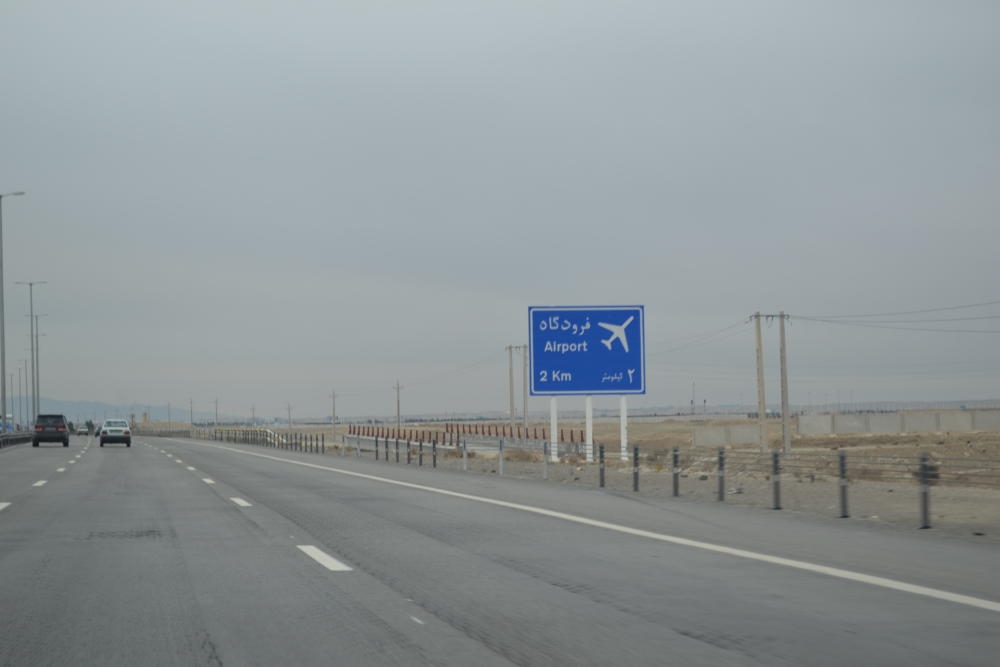A UMass Amherst student remains unable to enter the United States. Mohsen Hosseini had returned to Iran over the winter break to get married.
EARLIER THIS WEEK: After Returning To Iran To Get Married, UMass Student Caught In Immigration Limbo
FLASHBACK: During Trump Presidency, Colleges And Students Anticipate Changes In Visa Programs
Twice in three days, Hosseini tired unsuccessfully to board a plane bound for the U.S.
He has a student visa valid until 2018. He’s almost two years deep into his electrical engineering PhD at UMass. But he says not one airline carrier in Tehran will issue him a boarding pass because of President Trump’s executive order, which as of Friday, stopped people from seven countries, including Iran, from entering the U.S.
My phone connection with Hosseini wasn’t good, so we emailed back and forth instead.
“If I buy a flight ticket, I have not any chance for arriving to Boston,” he wrote. “I think the main reason [is] that airlines have not received this new order.”
Hosseini is referring to a federal injunction issued by a Boston judge on Saturday, saying valid visa holders from those seven countries were allowed to into the U.S. on planes landing at Logan Airport. But he says the airline employees didn’t know anything about the injunction.
“It’s very unclear right now as to who is talking to whom,” said Ken Reade, who oversees international students and scholars at UMass Amherst.
Reade’s office is in regular contact with Hosseini, and he said that if you look at the countries on President Trump’s immigration order, Iran stands out for several reasons.
“All other countries besides Iran on that list are very troubled places,” he said. “Obviously, there are safety and security and terrorism issues in those countries. In the case of Iraq and Syria…failed governments. Iran is an incredibly sophisticated and well-educated country.”
And it’s the 11th leading country to send college students to the United States, according to the Institute of International Education. More than 12,000 Iranian nationals attended American schools last year.
Immigration attorney Megan Kludt represents colleges around the country, including UMass, and individuals — many, she says, who are from Iran.
“They’re high-level researchers, very high skilled workers, doctors, PhD students,” Kludt said. “It’s pretty shocking and incredibly disruptive to a lot of different programs.”
This year at UMass Amherst, out of more than 3000 international students and scholars on campus, 77 are Iranian nationals. That includes a sophomore, who also can’t get back into the U.S. after Friday’s executive action. His visa renewal was put on hold.
Mohsen Hosseini will try going to the airport again. He said he wants to continue his research, and he needs the office and lab at UMass to do that. He’s enrolled right now in two courses, on top of his research.
But the worst part, Hosseini said, if he can’t return to UMass, he’s wasted a lot of money and two years of his life.
